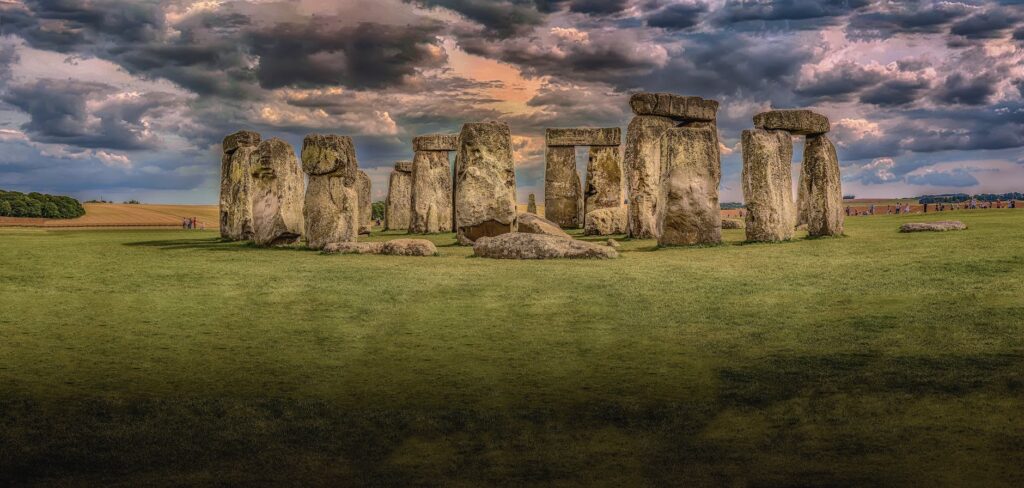History, as we know it, had its origins in several civilizations around the world. The Greeks, for example, played a significant role in the development of this discipline, leaving a legacy that transcends the centuries. Other societies also contributed to the formation of this intricate fabric, shaping the events and narratives that would unfold over time. In antiquity, notable figures, such as Herodotus, stood out as important agents in the documentation and interpretation of past events.
However, even with its rich trajectory and the presence of renowned historians in antiquity, the question remains about what the true function of history is. Although it has been developed in several places, some still wonder about the relevance and intrinsic purpose of this discipline in our lives. This uncertainty echoes to this day, making us reflect on the essential role that history plays in our understanding of the present and the future.
The function of history
History plays a crucial role in understanding the world we live in. It allows us to analyze the origins of different societies, cultures and institutions, providing valuable insights into how these realities developed over time. Furthermore, history helps us understand the complexities of the human experience by providing contexts and narratives that shape our understanding of the present.
The historical subject
A fundamental concept in history is that of the historical subject. This means recognizing that each individual and group is part of history, contributing to the formation and transformation of societies over time. By understanding themselves as a historical subject, people can become more aware of their role in building the present and the future, recognizing the importance of their actions and decisions.
An example of how someone with the consciousness of a historical subject can see themselves as a historical subject in Brazil is by recognizing their position in society and how it was shaped by historical events. For example, a black person may understand that their position in Brazilian society is the result of centuries of slavery and racial discrimination, and that the fight for equality and racial justice is a historical struggle that has been fought for decades. By recognizing themselves as a historical subject, this person can engage in social and political movements that seek to transform society and build a more just and egalitarian future.
Use of history in formulating public policies
History provides a rich set of data and experiences that can be used in formulating public policy. By analyzing past events and their impacts, policymakers can learn valuable lessons that help them make more informed decisions in the present. Additionally, history can provide insights into the origins of social and political problems, helping to identify more effective solutions.
If we have data that there are historic floods in certain areas, the government can formulate policies to improve drainage in that region, for example.
Historical study methods
Historians use a variety of methods and sources to study the past. This includes analysis of primary sources such as official documents, legislation and personal accounts, which provide direct insight into the events and people involved. Furthermore, secondary sources, which consist of discussions about primary sources, and tertiary sources, which are bibliographical references, also play a crucial role in constructing historical narratives.
History is a dynamic and constantly evolving discipline, and its importance goes far beyond the mere memorization of facts and dates. She challenges us to question our truths, to understand how aesthetic and moral standards change over time. History is an essential tool for understanding our own trajectory as a society. By understanding that we are historical subjects, active participants in the construction of the present, we realize the true importance of studying and interpreting History.
FAQs
1. Why is history important to society?
History is important because it helps us understand the origins and evolutions of societies, cultures and institutions, providing valuable insights for understanding the present and making decisions for the future.
2. How can history be used in formulating public policies?
History provides a rich set of data and experiences that can be used in formulating public policy, helping policymakers learn valuable lessons and identify more effective solutions to social and political problems.
3. What is the importance of primary sources in historical study?
Primary sources, such as official documents and personal accounts, provide direct insight into the events and people involved, playing a crucial role in constructing historical narratives and understanding the past.
4. How can history help us understand the present?
History allows us to analyze the origins of different societies, cultures and institutions, providing contexts and narratives that shape our understanding of the present, playing a crucial role in shaping identity and making decisions for the future.
5. Why is it important to recognize yourself as a historical subject?
Recognizing oneself as a historical subject means understanding that each individual and group is part of history, contributing to the formation and transformation of societies over time, becoming more aware of their role in building the present and the future.

